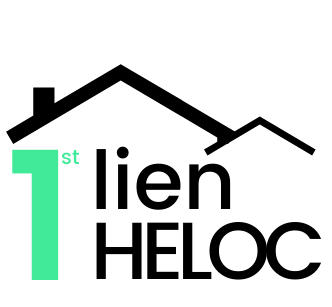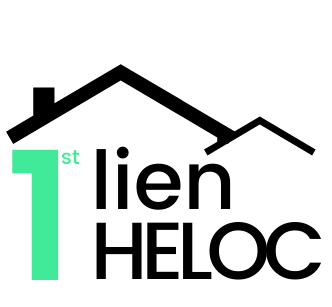
Personal Finance
Welcome to our Personal Finance group!
This is a dedicated section for all things related to... View more
Velocity Banking
-
Velocity Banking
Velocity Banking is a strategy that has been gaining attention among financial enthusiasts and homeowners alike. This approach focuses on leveraging lines of credit to pay down mortgages and other debts more quickly. Join our forum discussion to explore the ins and outs of Velocity Banking, share experiences, and learn from experts and fellow practitioners about this intriguing financial strategy.
Log in to reply.

